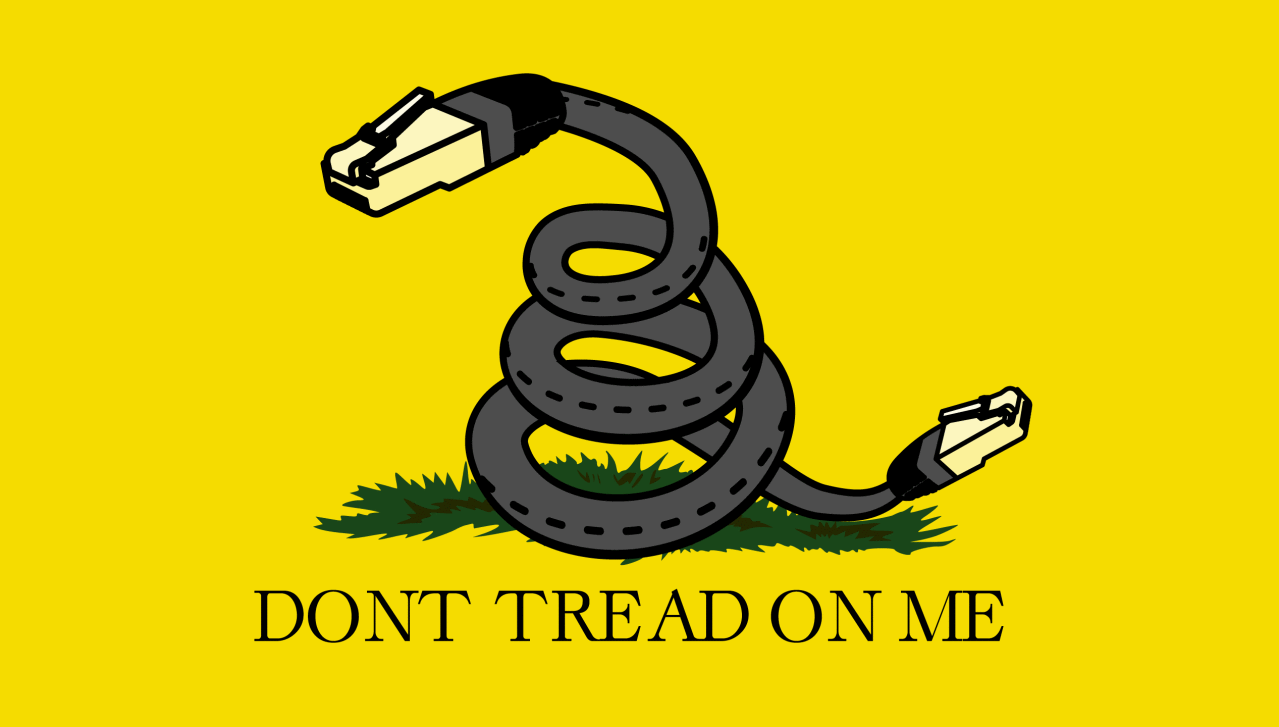Turns out net neutrality is fake and not as big of an issue as you thought
It seems to be that robots are very much into the net neutrality issue as well.
At the point when the Federal Communications Commission opened up this year for remarks on the guidelines representing net neutrality, or the rule that all web activity must be dealt with similarly, it got almost 22 million remarks in the four months from late April to the finish of August. That is about 50 times a greater number of remarks than it got in 2014, the last time individuals could remark on the issue.
Things being what they are turns out, however, that 57 percent of the 2017 remarks utilized transitory or copy email locations, and seven prominent remarks represented 38 percent of all entries, as indicated by an examination directed by the Pew Research Center. Of the 21.7 million remarks submitted, just 6 percent were one of a kind, which Pew said is clear proof of composed crusades to surge the framework with rehashed messages.
Internet fairness could goad the following enormous political development
Seat Research didn't uncover which way the remarks inclined, yet the stunning measure of false and copy sections makes it hard to gage the general's feeling on unhindered internet. Shopper gatherings and online organizations contend that the present guidelines are basic to guaranteeing there's a notwithstanding playing field for anybody working on the web. In any case, web access suppliers and genius business Republicans contend that the standards are too firm and hamper interest in future systems.
This come after it was found that 444,938 remarks were from Russian email addresses, as indicated by Bloomberg.
FCC Chairman Ajit Pai has illustrated a proposition to move back basically the majority of the internet fairness rules put in by the past organization, and he and his two kindred Republican magistrates dwarf the two Democratic, genius unhindered internet chiefs. They vote on the proposition on Dec. 14.
"This exhibits why a rulemaking continuing isn't a general feeling survey and why the FCC concentrates on the quality not the amount of the remarks," said a FCC representative.

I believe the biggest hurdle that must be overcome with Net Neutrality, is the fact that most people do not really understand the complexities involved with the issue.
Even with my "limited" knowledge of the topic, I am quite certain that removing the standards, practices, guidelines, rules, regulations, or whatever you want to call them, will severely limit our capability for generating, acquiring, storing, transforming, processing, retrieving, utilizing, or making available information.
For example, if an online game takes up a lot of bandwidth or capacity, the ISP could block traffic from the site through its IP address, and/or charge both you and the gaming site any fee it deemed "appropriate" for your access to that game, and their (the games) ability to provide it to you.
So I guess if having your ISP dictate what you can and can't do, what you can and can't see, and what you can and can't play on the internet, "Is fake and not as big an issue as you thought", then "paying much more for much less" as the norm should not be troubling either.
The "interweb" unlike most other things Americans take for granted, genuinely has the potential to "level the playing field" for the common man (or woman). In the sense that there is still the possibility, however remote, that it will remain un-corrupted and serve more than just governments who want to control us, and corporations who want to exploit us...
I am totally against net neutrality and continuing the policy that was started with the previous presidential administration. The more regulations placed on ISPs the more the market is wrecked, the more the government the ISPs and all other internet based ventures turned into what the cable companies are today...a dinosaur about five minutes before the asteroid hits. Great content keep up the good work.